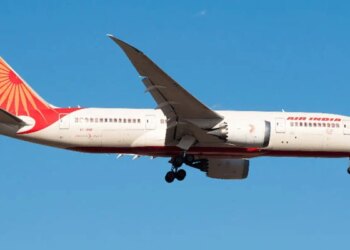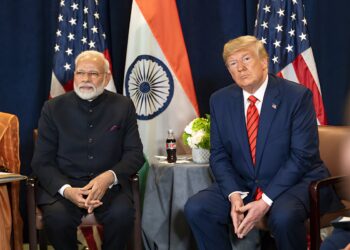Select Language:
More than a dozen automotive companies are now offering subsidies to cover the purchase tax for customers who place orders before the upcoming policy change. Major electric vehicle brands like Xiaomi, Li Auto, Nio, as well as Zeekr supported by Geely, and Lynk & Co., are among those providing financial incentives.
Traditional automakers such as Chery, Changan, and the GAC Group, along with their joint ventures with Audi and Buick, have also introduced promotional discounts to bolster their new energy vehicle (NEV) sales.
Since 2014, NEVs have been exempt from a 10 percent purchase tax to encourage their adoption. However, starting January 1, the tax will be reduced to 5 percent, with the maximum exemption capped at 15,000 yuan (about $2,114) per vehicle. To stay ahead of this change, car manufacturers are now covering the tax for early orders to avoid delays or extended delivery times that could push the vehicles into the new tax period.
Industry insiders note that with the upcoming shift in policy, consumers are eager to make purchases before the year’s end, and automakers are capitalizing on this opportunity. The subsidies are expected to apply mainly to orders placed this year and are unlikely to continue into 2024, according to industry analysts.
Recent figures show NEV sales surged by 20 percent last month compared to the previous year, totaling 1.72 million units. This accounted for nearly 52 percent of all new vehicle sales, marking the first time they surpassed the 50 percent threshold, according to data from the China Association of Automobile Manufacturers.
Automakers have been aggressively launching new models and ramping up production and delivery efforts since October, aiming to meet growing consumer demand ahead of next year’s tax adjustment. Industry experts also highlight that self-regulation within the sector is evolving steadily, supporting the overall healthy development of the automobile market.





